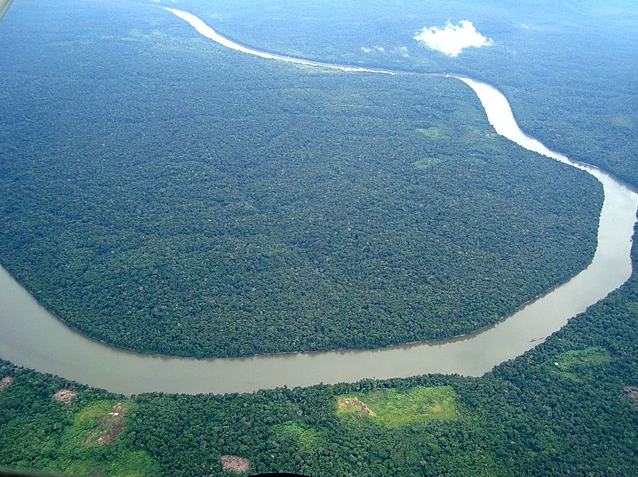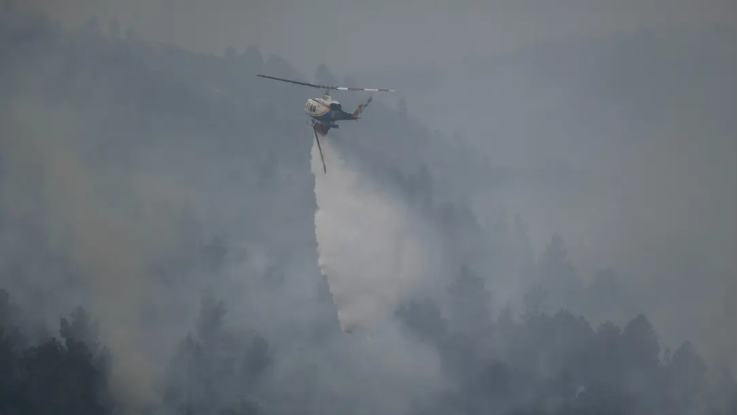Colombia Plane Crash: Four Children Found Alive After 40 Days
Four Indigenous Colombian children — aged 13, 9, 4, and 1 — who survived 40 days in the Amazon jungle after their plane crashed on May 1st, have begun giving details about how they survived after they were rescued on Friday.

Facts
- Four Indigenous Colombian children — aged 13, 9, 4, and 1 — who survived 40 days in the Amazon jungle after their plane crashed on May 1st, have begun giving details about how they survived after they were rescued on Friday. They're expected to spend two weeks in the hospital to continue receiving treatment.1
- Luis Acosta of the National Indigenous Organization of Colombia said the children — whose families hoped their familiarity with the jungle would help them survive — ate seeds, fruits, roots, and plants they identified as fit for consumption based on their upbringing in the Amazon region.2
- According to the children's aunt, they regularly played a "survival game" where they would "set up like little camps," adding that 13-year-old Lesly "knew what fruits she can't eat, because there are many poisonous fruits in the forest. And she knew how to take care of a baby."3
- They used survival skills learned from their grandmother, a respected elder in the Araracuara indigenous territory, to weather heavy storms and evade both jungle predators and regional armed groups. They were also found with rags on their feet that they used to walk through the forest.4
- After the plane and the bodies of the adults on board — including their mother — were found on May 16, the Colombian army stepped up its search for the children, sending 150 soldiers with dogs alongside dozens of indigenous volunteers. Helicopters also dropped boxes of food and played a recording of their grandmother urging them to stay in one place.5
- One Indigenous man who took part in the search said the children, who were found with two small bags containing clothes, a towel, a flashlight, two cellphones, a music box, and a soda bottle they used to collect water, said they complained of hunger and now they wanted "rice pudding" and "bread."1
Sources: 1NPR Online News, 2Al Jazeera, 3BBC News, 4Guardian, and 5CBS.
Narratives
- Narrative A, as provided by El País. This is a tremendously proud day for the Colombian people — Indigenous and non-Indigenous alike. Working as a team, the Indigenous search volunteers shared their knowledge of the jungle while the military provided technology and strategic operations aid. The ancestral wisdom utilized by these brave children should also be acknowledged, for without it, there likely would have been no survivors. Instead, Pres. Gustavo Petro, the Colombian armed forces, and the families of the victims and survivors are reunited with their children and grandchildren.
- Narrative B, as provided by CNN. While this rescue is cause for celebration, the dangers of flying over the Amazon region must be addressed. Many of the aircraft used to fly over the jungle are outdated and dangerous, including the one involved in this crash, which had been damaged in a separate crash in 2021. The Mitú region only has one paved landing strip, leaving pilots, who often fly with no communication technology, left alone to land on the driest patches of land they can find. The Amazon Forest deserves more support to prevent events like this from recurring.






